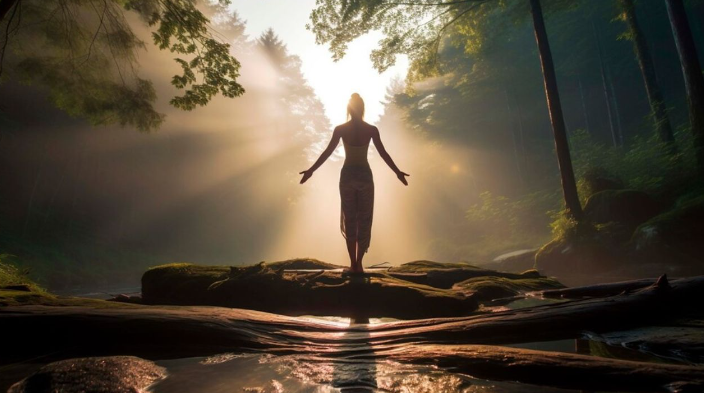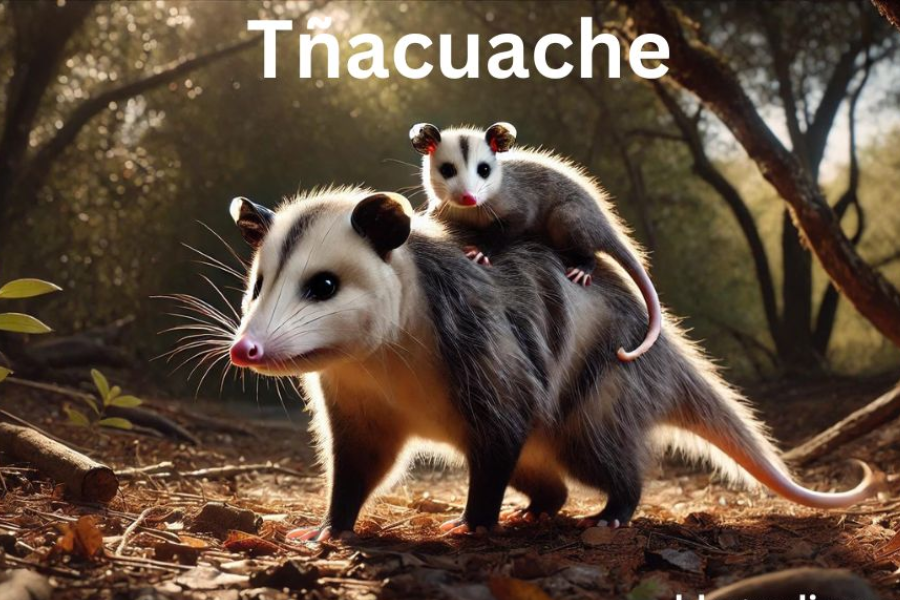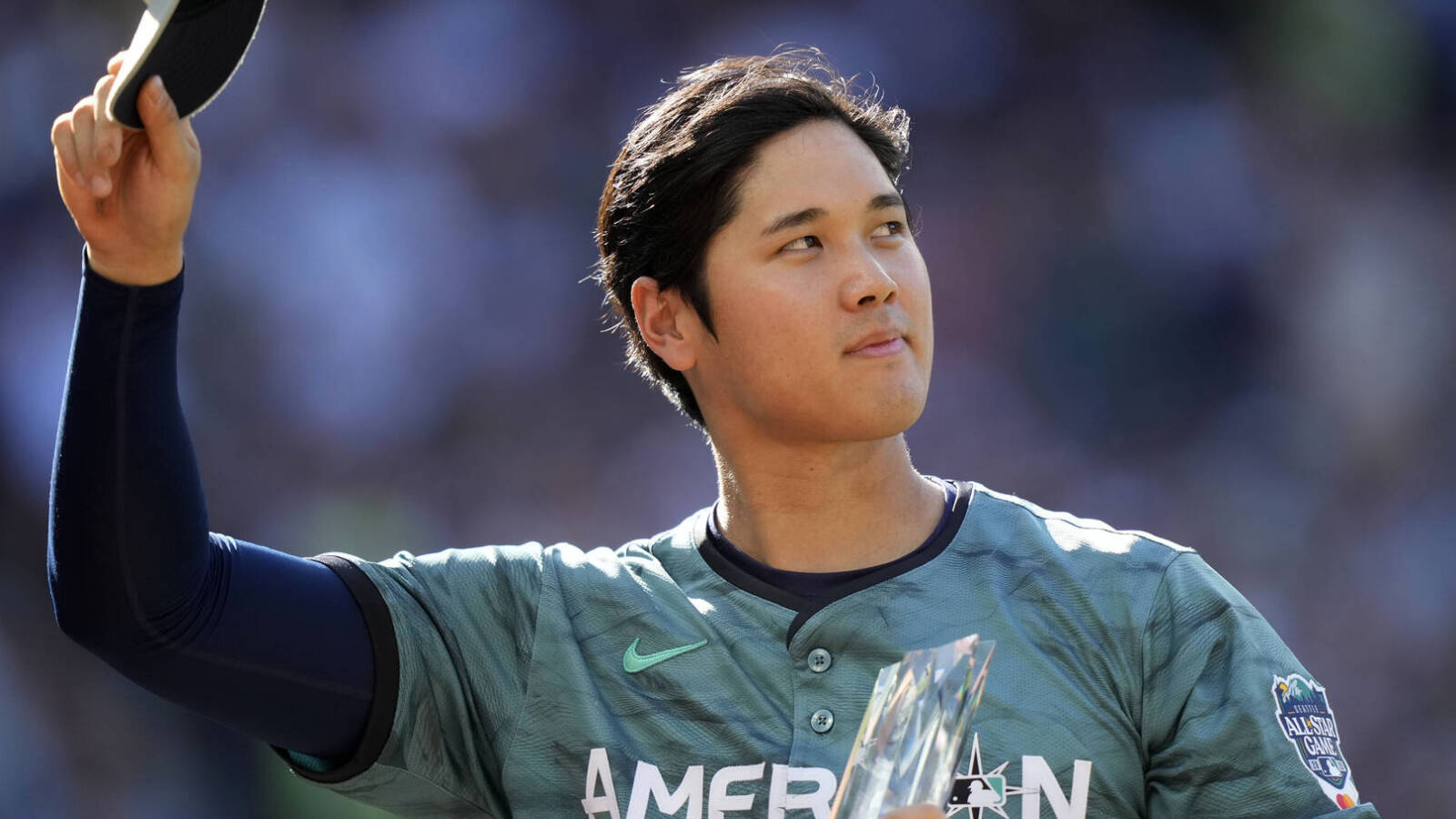Uncovering Mizukando: A Unique Way to Connect with Water

Introduction
Have you ever heard a word that sparked your interest but left you wondering what it really meant? Mizukando is one of those words. You might have come across it but didn’t fully understand what it’s all about. That’s okay! You’re not alone. In this blog, we’ll break it down so you can easily understand what makes it special. Whether you found it while traveling or just heard it in passing, you’ll learn all about it here.
So, let’s dive in!
What Is Mizukando?
To start, let’s talk about what this term actually means. At first, it may seem like just another cultural word, but it holds much more meaning. It’s tied closely to the natural world, especially water. But this isn’t just about water for drinking or daily use.
Imagine standing beside a calm, flowing stream. The sound of the water, the cool breeze, and the way the water gives life to everything around it—that feeling is what Mizukando is all about. It’s about seeing water as more than just a resource. It represents life, emotions, and movement. That’s what makes it so fascinating.
The Origins of the Concept
So, where did this idea come from? The roots of Mizukando are found in ancient traditions and ideas. Many cultures have always had a special connection with water. From using it in daily life to treating it as something sacred, water has always been a key part of human history.
While the exact origins are a bit unclear, it’s believed that Mizukando comes from ancient Eastern philosophies that focus on balance and harmony. These traditions see water as a symbol of life’s flow. Just like water moves and adapts to its surroundings, this concept is about flowing through life in a balanced way. Water is soft but strong—it can shape the earth, and that’s part of what makes this idea so powerful.
Why It Matters Today
Now you might be wondering, “Why should I care about this today?” That’s a fair question! In our busy, modern lives, it’s easy to forget the small things. But this concept reminds us to slow down and appreciate something as simple as water.
Water is everywhere in our lives—in our bodies, our homes, and nature. But we often take it for granted. This idea reminds us that water is more than just a part of the background. It’s a powerful force that deserves our attention.
And this mindset is especially important today. With climate change, water shortages, and environmental issues making headlines, we need to rethink how we use water. This concept teaches us to respect water more and be aware of how important it is.
How You Can Practice It
So, how can you actually bring this concept into your daily life? The good news is that it’s simple and doesn’t take much effort. You don’t need to live near a river or go on long trips to connect with nature. You can start right where you are, with small actions.
Here’s how:
- Appreciate Water: When you drink a glass of water, take a moment to think about how vital it is. Feel the coolness and notice how it refreshes you.
- Spend Time by Water: Whenever you can, visit a lake, river, or even a small pond. Just sit and listen to the sounds of water moving. It can be a calming experience.
- Be Mindful of Water Use: Whether you’re taking a shower or washing dishes, try to use water wisely. Don’t waste it.
These are simple ways to start thinking about water differently and practicing this concept in your life.
Mizukando in Art and Culture
This idea isn’t just something to think about—it’s also reflected in art, architecture, and literature. Water is often used in art to show emotions, the passing of time, or change. If you look closely, you’ll find water playing a big role in many films, paintings, and even songs.
Some traditional buildings also include water features, like small ponds or fountains, to bring a sense of peace and connection to nature. These designs reflect the calming and life-giving power of water. So, this idea goes beyond philosophy—it’s something you can see and experience all around you.
Connecting with Sustainability
Another big reason this concept matters today is because it ties into the idea of sustainability. With many parts of the world facing water shortages, it’s more important than ever to think about how we use and protect water.
If everyone embraced the idea behind Mizukando and treated water with respect, we’d probably see less waste. People might be more thoughtful about how they use water, whether at home or in bigger systems like farming and industry.
This approach won’t solve all of our water problems right away, but it can help shift how we think about water. When more people start caring about water, they’re more likely to support actions and policies that protect it, like rainwater harvesting or using water-efficient technologies.
The Emotional Connection to Water
We’ve talked a lot about the practical side of this concept, but there’s also an emotional side. Water has a special way of making us feel things. Think about the last time you sat by the ocean or a river. Did it make you feel calm or reflective? Or maybe standing in the shower helped you clear your mind?
This emotional connection is a big part of what makes Mizukando resonate with so many people. It’s not just about the water itself—it’s about how it makes us feel and helps us connect with our emotions. It’s a reminder that water can be a source of peace and clarity in our busy lives.
Bringing It Into Your Daily Routine
So, how can you bring this mindset into your daily life? It’s easier than you think. You don’t need to make big changes. Just start by being more aware of how water shapes your day-to-day life.
Here are some tips:
- Reflect Daily: Take a few minutes each day to think about how water impacts your life. From the water you drink to the rain that nourishes plants, these moments of reflection can help you appreciate water more deeply.
- Share the Idea: Talk to your friends and family about Mizukando. The more people who understand and respect water, the more positive change we can create.
Conclusion
In a fast-paced world, it’s easy to overlook simple things like water. But this concept encourages us to pause, reflect, and appreciate it in a deeper way. By adopting this mindset, we can become more mindful of nature, more connected to the world around us, and more respectful of the essential role water plays in our lives.
So, are you ready to give it a try? Mizukando might just change the way you see the world—and yourself!
For More Articles: Journalism Times





